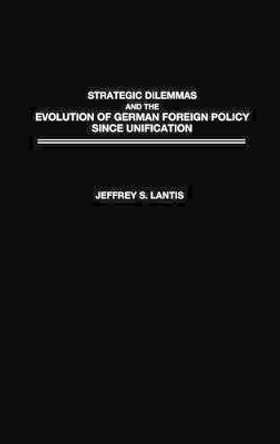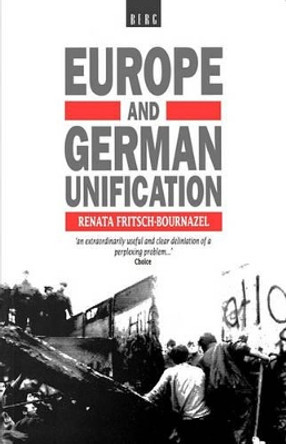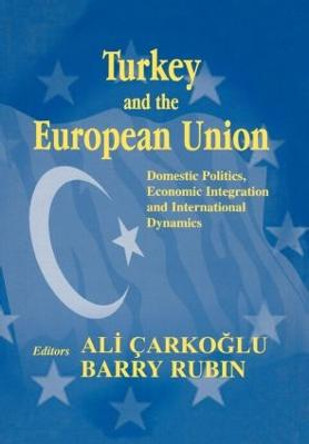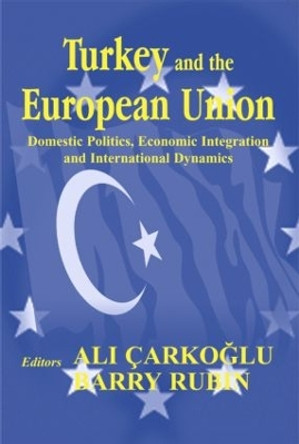Description
This book explores the effects of Germany's unification in 1990 on its policies toward the European Union.
Reviews
"Jeffery Anderson's study offers a vitual gold mine of new empirical data on the Federal Republic's policies towards the EU. Its meticulous empirical research and careful analysis of concrete case studies makes an important contribution to the growing literature on Germany's role in European integration and will be of inestimable value to scholars and researchers working in the field." German Politics and Society Spring 2001
"the greatest strengths of Anderson's book is that his analytical framework based on interests, institutions, and ideas captures not only such basic contours of German policies toward Europe, but sheds light on the many nuances of change and continunity in different policy sectors over time, and thus allows for a differentiated and dynamic understanding of Germany's role in Europe...It will be indispensable reading for students of German politics, European integration, and comparative public policy in advanced industrial societies." German Studies Review 2002
"Anderson provides solid empirical evidence... Scholars will benefit greatly from the use of his analytic framework, and the arguement will long continue to pose a significant challenge to those who claim that Germany's foreign policy will now be shaped primarily by external forces and its growing power on the European and international scene." Beverly Crawford, International Relations
Book Information
ISBN 9780521643900
Author Jeffrey Anderson
Format Paperback
Page Count 240
Imprint Cambridge University Press
Publisher Cambridge University Press
Weight(grams) 360g
Dimensions(mm) 229mm * 152mm * 14mm








